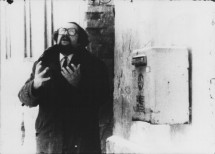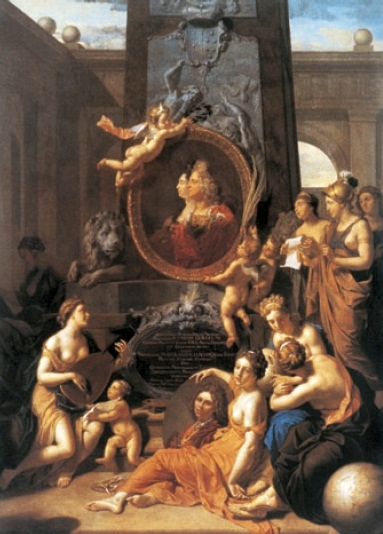An Intelligent Person’s Guide to Modern Culture

'When shall the Culture descend from on high?' (cultural theorist, Mladen Dražetin)
(By Roger Scruton) (1998)
This is great fun and contains plentiful pearls of wisdom, but the pearls remain scattered over the floor – there is no golden thread herding them into finished or coherent form. High culture is venerated, low culture ridiculed, but Scruton is not able to extol culture as a bridge over the river that has washed faith away, to obtain high, dry, clear ground, on the other side from enlightenment, modernism, post-modernism, kitsch, deconstruction, etc., etc. He seems, actually, jaundiced – far too doctrinaire for our good.
Skip the early definitional chapters, I would, and immerse yourself in the very satisfying exegesis on aesthetics (as a virtue) and its relation to ethics; the difference between price and value, fantasy vs imagination; the soothing balms of romanticism and modernism; e.g.:
“The high culture of the Enlightenment, as I described it, involved a noble and energetic attempt to rescue the ethical view of human life – the view of life which flourished spontaneously in the old religious culture, but which demanded to be snatched from the ruins, when that culture collapsed. The rescue was a work of the imagination, in which the aesthetic attitude took over from religious worship as the source of intrinsic values…Thereafter art becomes a continuous meditation on our loss – a melancholy acknowledgement that the primary source of moral feeling has dried up, and that only the aesthetic remains.” (In other words, we’ve been lucky enough to experience the ne plus ultra of culture; unlucky enough to see the decline, descent, the imminent demise, and we’re just stirring the ashes now.)
Scruton is equally masterly in demolishing Foucault and Derrida – but, really, isn’t that like tripping a dwarf? And his attacks upon pop culture and ‘the yoof’ are the yelps of a curmudgeon – I can hear my late father-in-law declaiming “It’s just noise, Peter” – although Scruton has a point when he declares that much modern pop is about the singer, rather than the song. But then, this is ultimately a work of judgment (and his judgment is more often sound than not), hence refreshing, and, like art, perfectly useless, in our age of relativism.
Still, it is well worth reading and thinking about; a sweeping, elegant and lyrical review of the arts, a polemic rather than a guide, an elegy rather than a message of hope, despite the author’s conclusion that if, as Confucius say, we “live as if it matters eternally what we do…even if we have no religious beliefs, we acknowledge the existence of sacred things, and endow our gestures with a nimbus of the supernatural” we can “peer serenely into the eternal.” This sounds merely a return to ‘Aesthetica’ to me, but there’s not necessarily anything so wrong in that.
Leave a comment...
While your email address is required to post a comment, it will NOT be published.



0 Comments